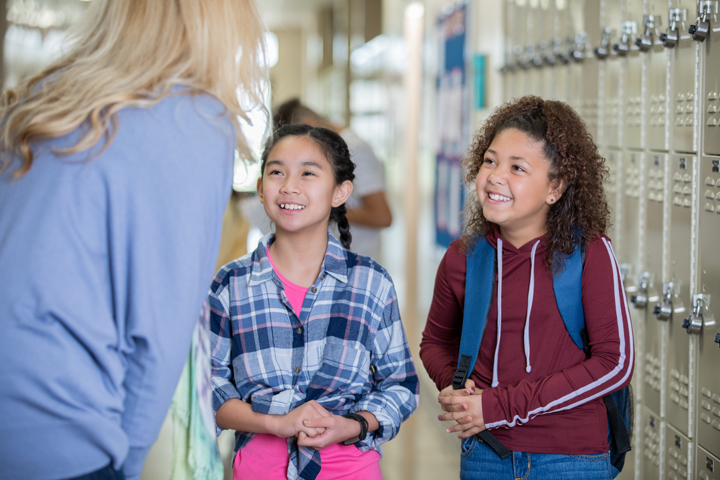
A teacher’s story of finding joy working with middle schoolers I didn’t want to be a teacher. I just didn’t. Even though I had teacher Barbie and played teacher on an old chalkboard in our basement, I didn’t want to do it. I think I just wanted to tell a bunch of stuffed animals what

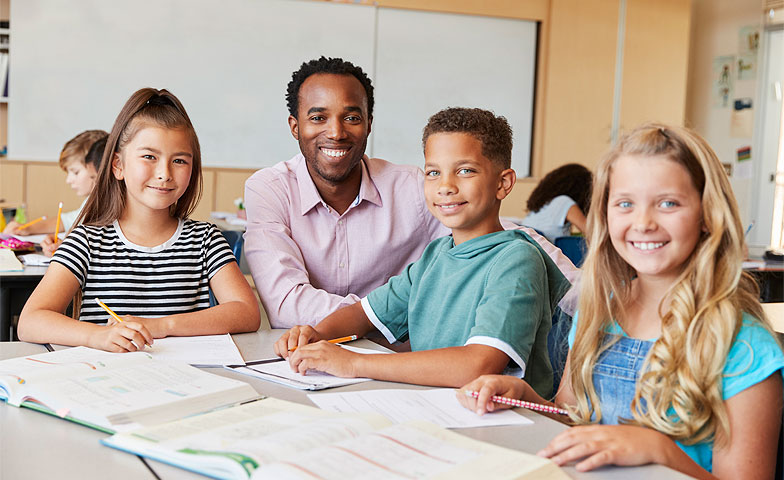


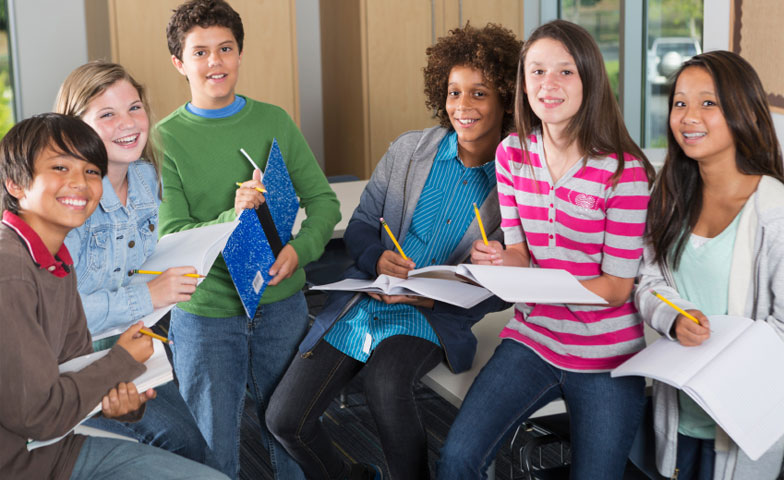
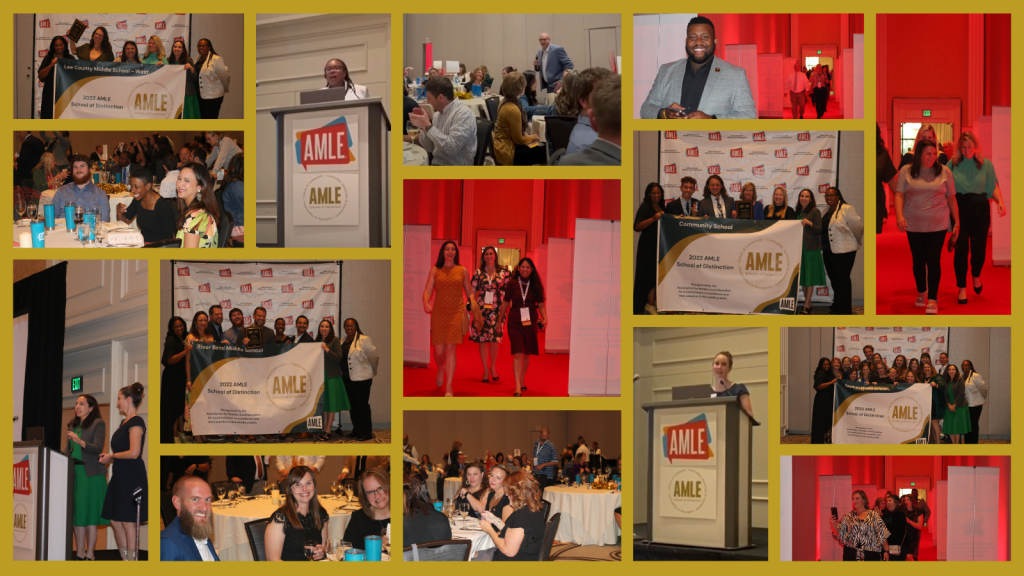
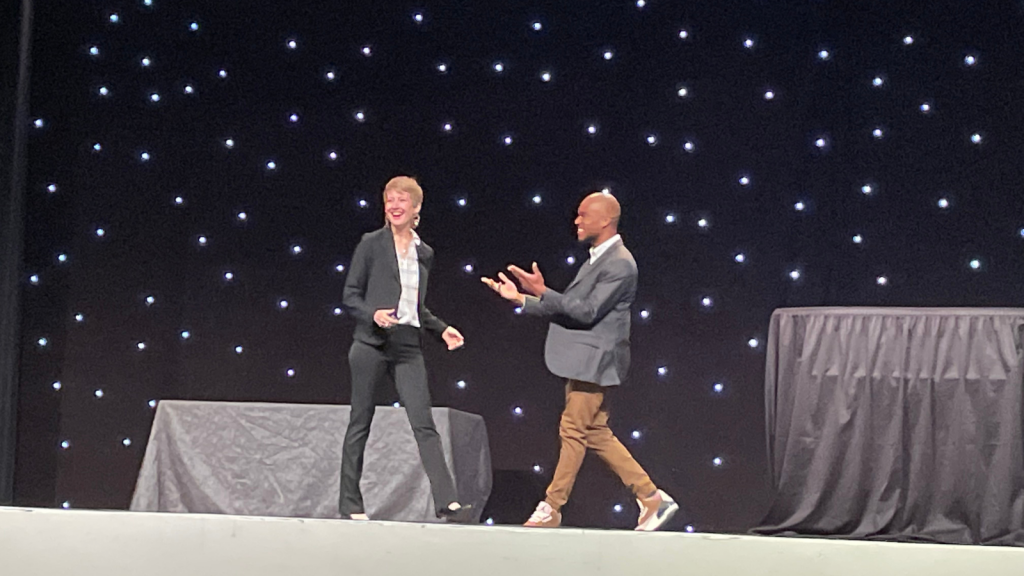
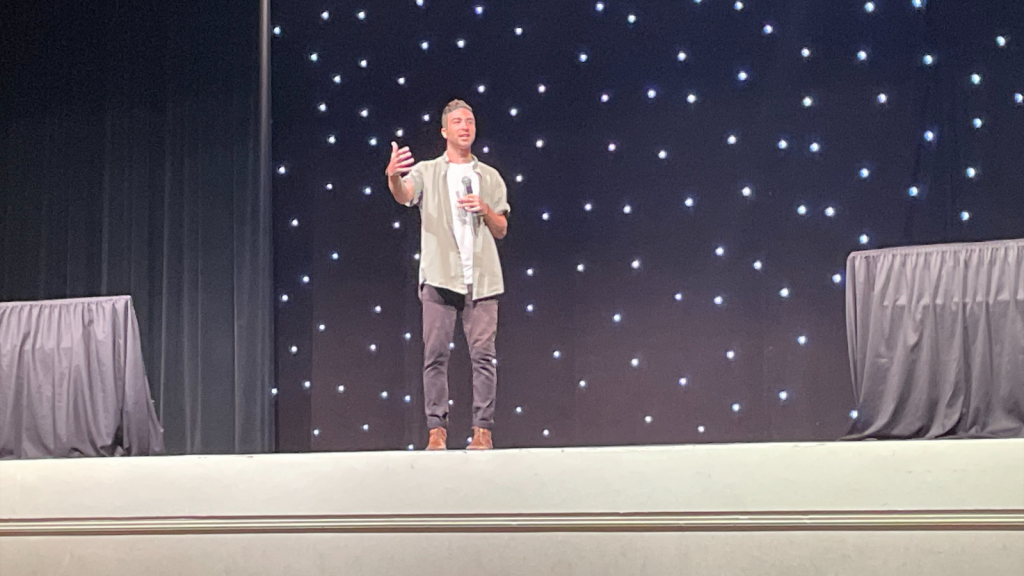
0